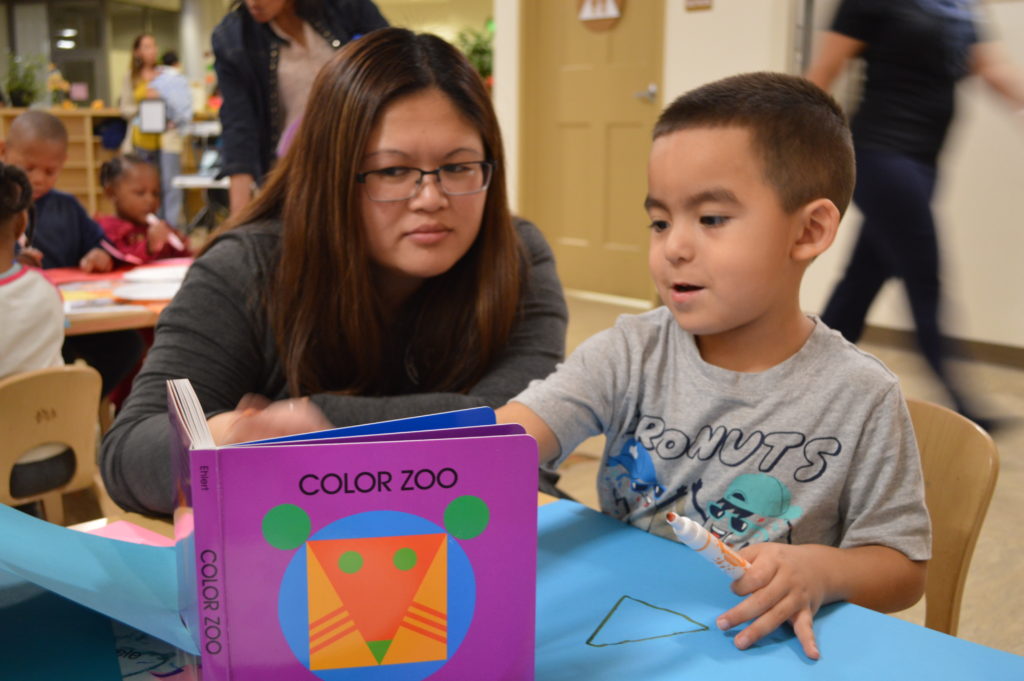Debunking some myths when parents ask questions…..
Let’s debunk some common myths about children and speech/language/communication development.
As an early childhood educator, you will need to be ready to accept a range of reactions from parents and caregivers when raising your concerns about a child’s development.
Every response from a parent or carer is valid and can be accepted without judgement. These conversations definitely flow more smoothly, however, if educators are equipped with knowledge and helpful information for families.
Unfortunately, there is much available at our fingertips that is not accurate. Let’s dispel a few of these common myths now.
My child has a speech delay. Does this mean that something is ‘wrong’ with my child or that my child is not intelligent?
There is nothing ‘wrong’ with a child who has speech, language or communication difficulties and a delay or disorder in communication abilities does not necessarily also correlate with a child’s cognitive abilities. We see many very bright children who just happen to have specific areas of their development requiring support. If your child has a delay in the development of his or her speech, language or communication skills….we now know that early intervention is really key and that we can help them to make great progress if we start early.
I was late to talk. Won’t my child just ‘grow out of it’?
Maybe. Maybe not. We cannot know the answer to this question.
What we do know though, is that communication skills underpin academic, social skills and are crucial to one’s quality of life.
The earlier we offer support to a child who is struggling to develop these skills, the better the outcome we can expect.
Some children will ‘catch up’ on their own but we don’t know who will and who will not. Children who will not just ‘grow out of it’ usually respond really well to the support that a speech pathologist can provided.
Have I caused my child’s speech delay?
Speech delays are not caused by poor parenting, a parent working long hours, birth order, parents not talking enough to their children or the provision of screen time. Instead, delays in speech, language and communication are caused by a range of factors including hearing loss and genetics. Parents blaming themselves for their child’s delays is simply not helpful in any way. Working towards acceptance of a child’s difficulties and developing a plan to support a child is far more positive and will result in better outcomes for all.
Isn’t my child too young to be concerned about this?
No! The sooner we identify children who are lagging in their development of these vital skills, the better our chance of supporting them to make terrific progress. Significant gaps are apparent in the vocabulary knowledge and use by the age of only 3 years of age. These discrepancies tend to persist and even widen across a lifetime with implications across academic, social and emotional areas. Early Identification and Intervention is so important.
Prepare for your conversation with families and answer their questions honestly, accurately and confidently.
If you […]


